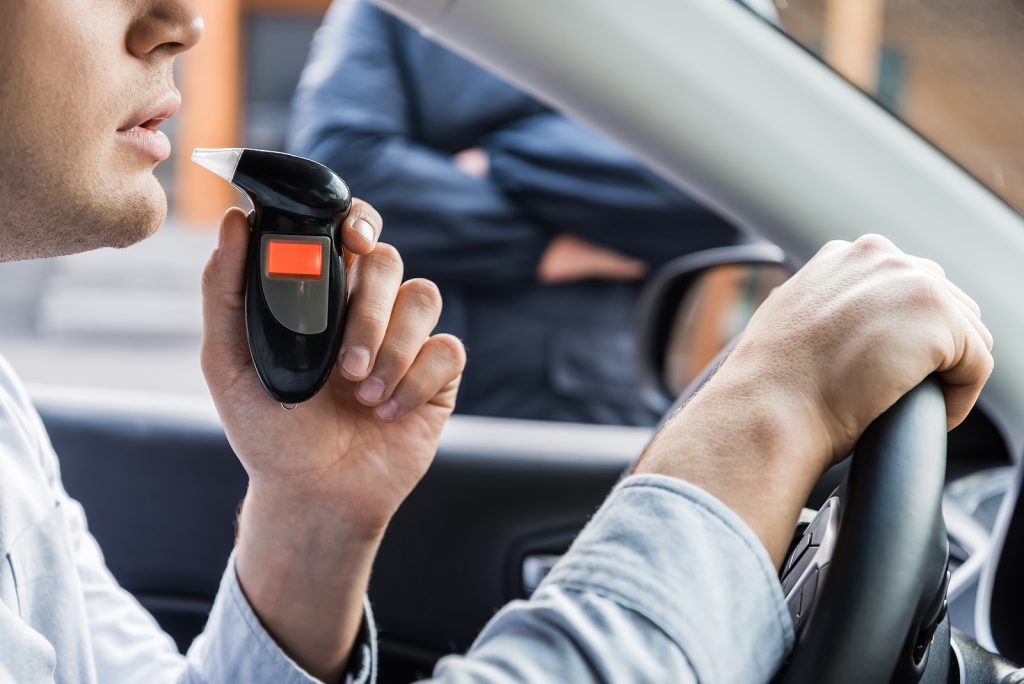In 2012, Colorado legalized marijuana for adults 21 and older. However, a number of laws and regulations still apply to the purchase and use of marijuana, and if you violate one of those laws or regulations, you’ll need the advice and services of a Colorado Springs cannabis attorney.
Can you board a plane in Colorado with marijuana if you obtain and possess that marijuana legally? What laws and regulations apply to traveling with marijuana in this state? If you are charged with violating the law, what are your rights, and what steps will you need to take?
If you’ll keep reading this brief discussion of Colorado’s marijuana laws and regulations, you will find some answers, but if you are charged with a crime involving marijuana, you will also need the personalized legal advice that a Colorado Springs marijuana lawyer will provide.
Can You Travel With Marijuana in Colorado?
The best advice for anyone who wants to travel with marijuana in Colorado is this: Don’t do it. If you purchase marijuana at a licensed dispensary, the best advice is to take the marijuana directly home, and do not open the packaging until you are inside your residence.
Drivers and passengers may not open marijuana packaging or use the product in a vehicle, even in a vehicle that isn’t moving. You could be charged with driving under the influence (DUI) if the product seal has been broken and there is evidence that marijuana was used in your vehicle.
Can Air Travelers Carry Marijuana?
Marijuana remains illegal under federal law. At airports, post-security areas are under the jurisdiction of the federal government, and in Colorado, you may not carry marijuana on the premises of any airport. Don’t even think about trying to board a plane with marijuana.
Leaving Colorado and crossing a state line with any marijuana product or amount is illegal. Additionally, you may not use or possess marijuana on any federal lands in Colorado, including national forests, national parks, military bases, and most ski slopes in our state.
The Transportation Security Administration (TSA) says that it focuses on weapons, explosives, security, and threats to passengers, but not drugs. However, if a TSA officer discovers marijuana during an airport security screening, the TSA policy is to refer the matter to the local police.
This rarely happens at Denver International Airport or any other airport in Colorado. Apparently most airline travelers know the rules. And if the local police are called by the TSA, unless the amount of marijuana involved is excessive, the police may simply ask the owner to dispose of it.
Where Can You Legally Use Marijuana?
You may use marijuana in Colorado inside a private residence, but if you rent or lease your residence, you must have the permission of the owner. You may also use marijuana on the premises of a marijuana hospitality business or a retail marijuana hospitality and sales business.
However, you may not use marijuana in Colorado in any location where you may be seen by the public or where the public has unrestricted access, including hotel rooms, streets, highways, stadiums, arenas, playgrounds, parks, and the common areas in office and apartment buildings.
How is Marijuana Regulated in Colorado?
Under state law, adults who are age 21 and older in Colorado may purchase up to one ounce of retail marijuana (or grow up to twelve plants) for personal use, but local jurisdictions may pass and enforce stricter ordinances.
If you use marijuana for either medical or recreational purposes in this state, it is important for you to know exactly what the marijuana laws are in the city or town where you reside.
Amendment 64, the 2012 measure that legalized marijuana, allows each Colorado municipality to decide whether to allow cannabis sales. As of 2022, fewer than one hundred Colorado municipalities permit recreational marijuana sales out of 272 total cities and towns in Colorado.
Additionally, employers in Colorado may still test for marijuana use and make employment decisions based on the test results. Employers, schools, and universities also have the right to take their own disciplinary actions for marijuana-related violations by employees or students.
What Are the Penalties for Violating Colorado’s Marijuana Laws?
The legalization of marijuana for adults in Colorado has created a variety of new marijuana laws that address the marketing, cultivation, possession, sale, and distribution of marijuana in this state. Those laws are far too numerous to discuss here in detail.
However, the possession of more than two ounces of marijuana is a misdemeanor that may be penalized upon conviction with a jail sentence, and the possession of more than twelve ounces is a level four drug felony. Selling more than four ounces of marijuana is a felony in Colorado, and selling, transferring, or dispensing any amount of marijuana to a minor is also a felony.
If you grow too many pot plants at home, you could face a jail sentence and a fine of up to $100,000. The owners of licensed facilities that violate any of the marijuana laws, rules, or regulations may face criminal penalties, civil penalties, and a possible license revocation.
Can You Purchase or Grow Marijuana in Colorado Springs?
The City of Colorado Springs does not allow the sale of recreational marijuana through dispensaries in its jurisdiction. Marijuana for medical purposes, however, may be cultivated and sold to registered medical marijuana patients through licensed medical dispensaries.
In Colorado Springs, adults over age 21 may grow marijuana for medical or recreational use with these restrictions:
- No more than twelve plants are allowed per household, and only six mature plants are allowed.
- No marijuana-infused products may be sold or manufactured.
- No marijuana may be cultivated outdoors. Marijuana must be grown in an enclosed and locked location.
- If you grow marijuana at a residence you are leasing or renting, you must have the owner’s permission in writing.
When Should You Contact a Cannabis Attorney?
Unless a large amount of marijuana is involved, most marijuana-related criminal charges in Colorado can be resolved without losing your freedom or ruining your future. In some cases, a Colorado Springs marijuana lawyer can have the charge dropped or dismissed, and especially if you have no previous criminal record.
Nevertheless, you cannot presume that you will be treated leniently. If you are charged with any marijuana-related offense in or near Colorado Springs, you must contact a Colorado Springs cannabis attorney as quickly as possible.





